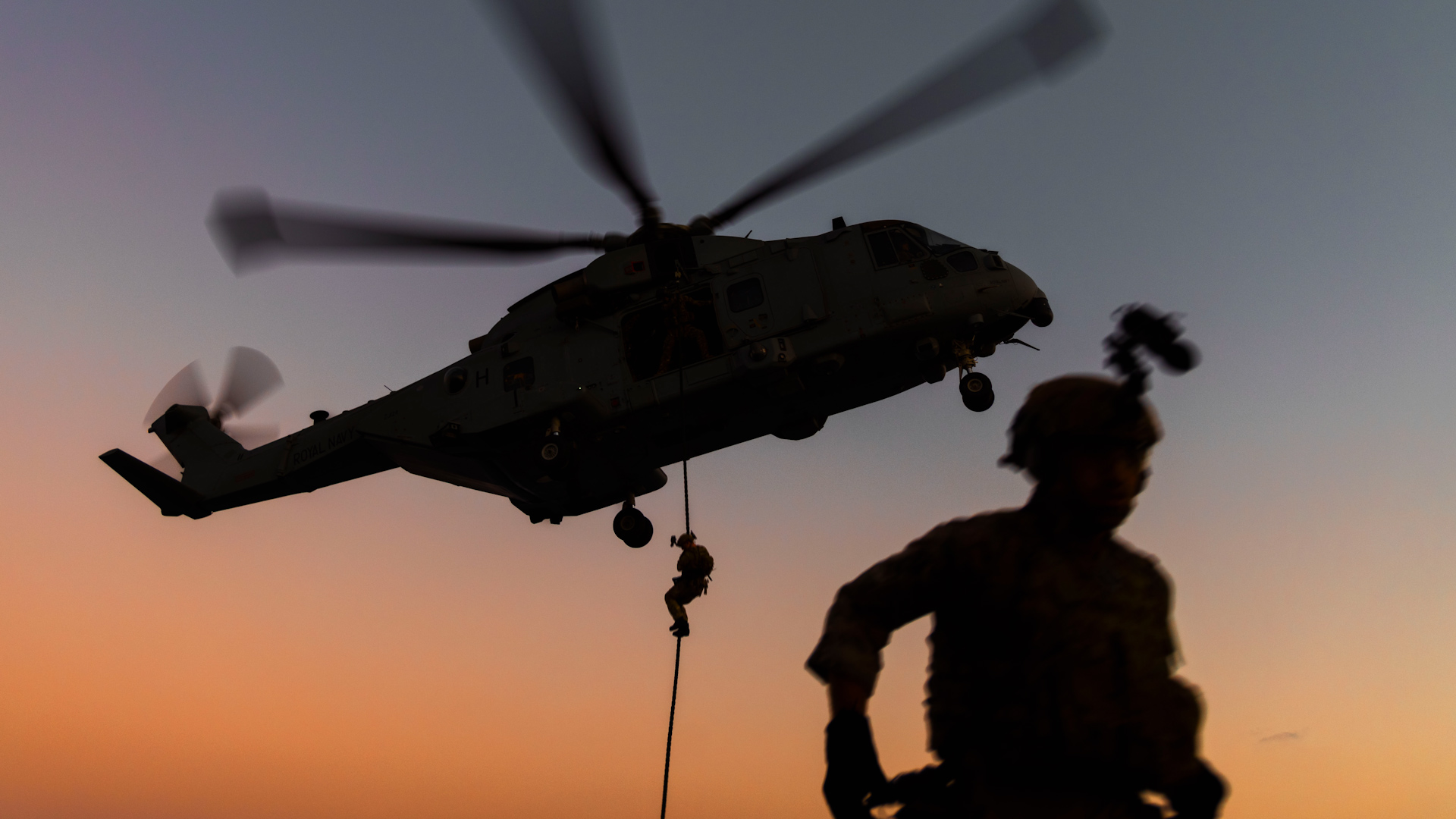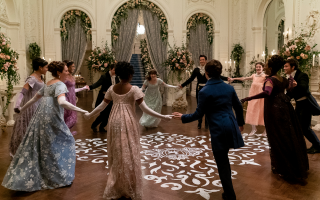
Defence review will 'intimidate our enemies, inspire our friends', as long as it's within 2.5%

The former defence secretary who is leading the Government's Strategic Defence Review has told MPs he hopes the review will intimidate the UK's enemies and inspire its friends.
Lord Robertson, who was also head of Nato from 1999 to 2003, was appearing before the Defence Select Committee alongside fellow reviewer Sir Richard Barrons, a former commander of Joint Forces Command.
His response came following a question on how the SDR review would be received around the world.
Lord Robertson said the review team was "making sure that allies and partners are involved" in the process.
Sir Richard followed up the former Nato chief by adding: "Surprise is something only best inflicted on your opponents, not on your own side.
"In the announcement of the review, and indeed its implementation, clearly that is sending a message to our potential opponents about where UK defence is going."
And Lord Roberton added: "Intimidating our enemies, inspiring our friends, that's what I hope the review will do."
He revealed there had been 8,000 contributions made to the review from across the defence world.
But he reminded the committee on several occasions that the scope for the review is to work within the trajectory of spending 2.5% of GDP on defence.
Lord Robertson outlined that the SDR was given the parameters to ensure the results are "deliverable and affordable within the resources available to defence within the trajectory of 2.5%".
"The reality is, we all have to live within certain envelopes," he said.
"These were the terms of reference that we had and that's what we're living with."
Sir Richard also outlined that every review in his working life had "failed, generally within two years", with one reason being an enormous gap being left between ambition and resourcing – naming the 2010 Conservative review as the most obvious example.
"Our objective has to be as least wrong as possible, in terms of how we design a formula for the future," he said.
The pair were also asked whether the changing global military and threat picture could affect the review, to which Lord Robertson replied: "We're trying to map a way forward, not just for five years or 10 years.
"So there is no reason why events that take place in the future won't completely destroy what we're doing, but you can't predict what is going to happen in the future.
"We are where we are today, so we have to deal with today but try to look forward as well."
One key area Sir Richard outlined as needing improvement was within the skills of the Armed Forces, particularly in the digital space, such as cyber, information operations and AI.
"There's a skills crisis, it's not unique to defence," he said.
"The review is examining that and will make some very powerful recommendations.
"I'm pretty confident on the way to fix it – that is as important as deciding on how much ammunition to buy."
He also said there is a need for more homeland resilience, namely industrial resilience.
"There's no point in having a powerful Armed Forces and a fragile defence industry – they have to be seen as symbiotic," he explained.
"One of the things that underpins this review is we're having to reflect that we've transitioned from an era… where war was essentially outsourced to the regular Armed Forces and didn't really trouble civil society.
"Now we're in an era where clearly war has returned as a whole-of-society endeavour, our review is only about the defence bit of that and there are many other dependencies that are for others to fix."
This was echoed by Lord Roberston, who said a lot of the information regarding the threats we face is available to the public.
However, he said he wished "people were as worried" as he is "on behalf of [his] children and… grandchildren".
"I hope there could be a wider appreciation for what the military do, what it needs to do and what the country has to do at this time," he said.







